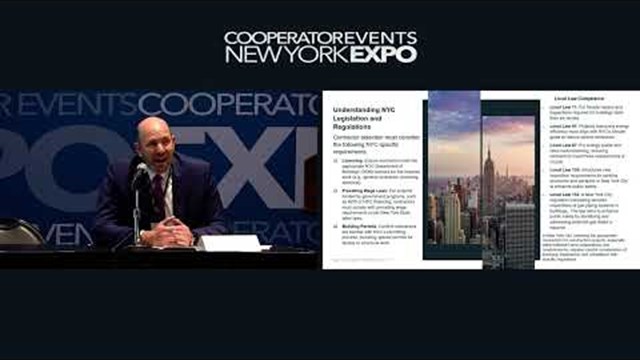
Q. If unit-owner insurance policies are supposed to be approved by a co-op board, what assurances are there that the individual board members have the necessary technical background in this area to assess each policy? As a practical matter, wouldn’t unit-owner insurance policy approvals be best delegated to the management company?
—Need Insurance Assurance
A. “In response to your inquiry,” says Alex Seaman, senior vice president at insurance firm Hub International in New York, “there is no assurance that board members have the necessary technical background to review insurance documents provided by individual unit owners. As a practical matter, it would be wise to have this information reviewed by qualified property managers. The property managers in turn would be wise to work with insurance brokers to provide specific recommendations on terms and conditions of homeowners coverage to be required. There are specific homeowners policies provided to renters, owners of cooperative units, and owners of condominium units. Homeowners insurance policies should be coordinated with the governing documents of the respective association including the bylaws or proprietary lease.
“Typically for Manhattan co-op or condo unit owners we recommend the following:
Contents—Minimum of $50,000. Limits should often be far higher depending on the estimated replacement cost of clothing, furniture, electronics, personal belongings of all occupants, etc.
Personal Liability Insurance—Minimum of $500,000. Most unit owners should also secure Umbrella Liability coverage at limits of at least $1,000,000—preferably higher.
Additions and Alterations or A&A (also referred to as Improvements and Betterments or I&B)—This is the most common misunderstanding by unit owners and boards. A&A provides coverage for structural modifications or improvements to a unit done by the current occupant or any occupant since the original construction of the unit. This can include hardwood floors, cabinetry in kitchens or bathrooms, new walls, lighting, plumbing, etc. Insurance for these modifications is typically not provided by the policies written for the co-op or condo associations. As it is often difficult to determine what is original and what work was done by prior occupants, insurance carriers often recommend coverage based on square footage of the unit. For higher-end apartments, Chubb and AIG typically recommend limits based on $450 to $600 per square foot. For a 1,000-square-foot unit, the coverage should be provided at limits of about $500,000.”









Leave a Comment